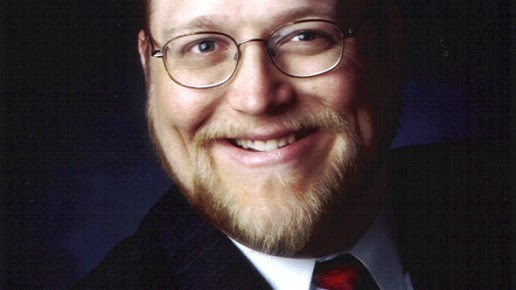Knowing where you're going does not always required you to know where you've been.
I teach orienteering and GPS navigation to Boy Scouts, and hear a lot from older Scouters on both sides. Map and compass guys always tell me they would never trust themselves to a battery-powered device when they are in the wilderness, and GPS guys scoff at the sets of directions like “go 342 degrees for 120 feet” and can’t believe anyone still does that.
On the one hand, if you use a map and compass, you have to have a better feel for the topology around you and understand each step (pardon the pun) of getting from point A to point B. If you use a GPS, it doesn’t matter where you start, you can get to point B as long as you trust the technology implicitly and it doesn’t fail.
I see parallels in the discussions I have at work sometimes. There are older coders (like myself) who grew up with computers we programmed from the ground up, going through DOS and Unix commands, working intimately with the file system, and understanding HTML from the foundational levels. That gives us a strong background on which to understand the performance model of the software and what could be wrong when things don’t work as expected. On the other hand, younger coders don’t care that you used to have a DOS layer with Windows on top and a browser above that. They have been digital natives their whole lives and can take for granted much of the early years of computing because they rely on tools and frameworks that shield them from the minutia. They have difficulty when the code doesn’t perform as expected, because they don’t really understand everything that it is supposed to do in the first place. Having said that, they also can keep pace with change better because they don’t have a ton of bad habits to break, and they don’t have the same blinders on about what is possible and what isn’t. Not knowing something is impossible is often the first step to making it possible.
I am grateful I grew up when I did and have an understanding of what came before, while being able to take advantage of tools that don’t require me to code everything by hand anymore. It’s a balance that everyone has and I’m sure years from now the young coders today will be complaining that the new coders of the day don’t understand the CSS and Javascript libraries they are using in the next generation of technology. To quote Battlestar Galactica – “All of this has happened before, and all of this will happen again.” So say we all.
